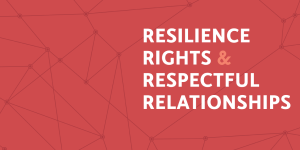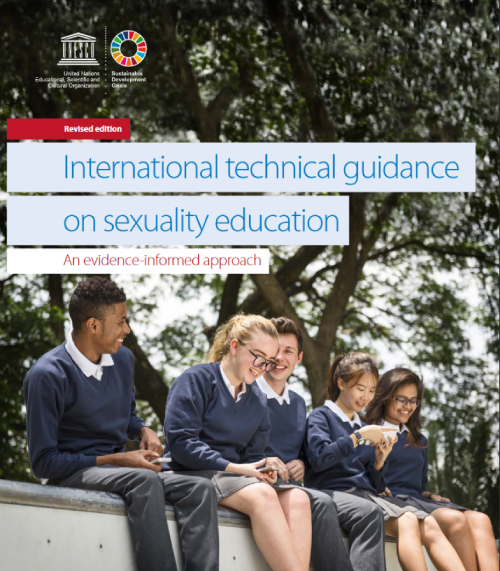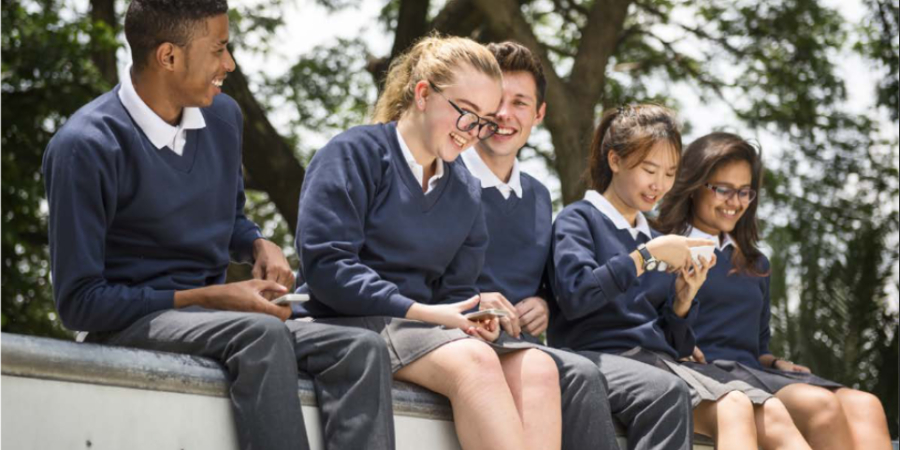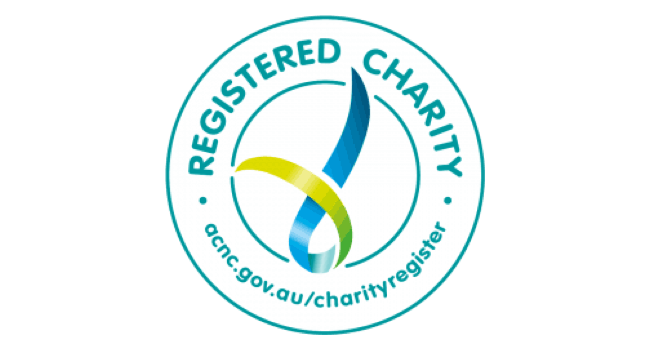Parents are the first and most important educators of their children in relation to values and relationships. They are also uniquely placed to provide sexuality education in a way that responds to their child’s changing needs and to the values taught in the home.
Our view
Parents Victoria supports all Victorian government school families, so we acknowledge we will not be able to cater to everyone’s individual value and belief systems.
We call on everyone to be respectful in relation to the ways that they raise and discuss these education-related issues with their school, and with other parents, students and community members.
We seek here to share information for parents and carers that may enable them to learn more about the important issues of respectful relationships and sexuality education, and the ways in which they may contribute to the learning and wellbeing of their children/young people.
Those parents who object to government policy and/or the Victorian curriculum content can use the mechanisms provided by the respective government authorities and agencies. These mechanisms are set up to provide people with an opportunity to express their view.
Parent concerns
 We know that some parents have questions about what schools provide within sexuality education and respectful relationships programs. They sometimes raise questions or concerns with us when we mention new initiatives or opportunities for parent feedback in relation to development of these programs.
We know that some parents have questions about what schools provide within sexuality education and respectful relationships programs. They sometimes raise questions or concerns with us when we mention new initiatives or opportunities for parent feedback in relation to development of these programs.
We understand that a recent Australian survey found that the majority of parents believe that schools play a valuable role in providing sexuality education. However, some parents believe that schools should not provide sexuality education and this should only come from parents in the home. Some parents just want to know more about sexuality education, respectful relationships and consent education, and how they can be part of their children’s learning in these areas.
We aim to assist parents who want to know more and provide here some information about sexuality education and respectful relationships education, including some links to the Education Department policies, and notes about where parents can go for further information.
Is sexuality education the same thing as respectful relationships education?
The two areas do teach different things. However, both include a focus on relationship skills, consent, safety, values, decision-making, emotions, respect, bodily privacy, body boundaries, peer support, help-seeking and using their parents and trusted adults as a source of support.
Along with the focus on relationship skills, sexuality education provides age-appropriate information, which at different year levels includes topics such as caring for their bodies, teaching children about the proper names for their body parts, learning about the human life cycle, human reproduction, puberty, menstruation, dating, family planning and contraception.
 Along with this focus on key relationships skills, Respectful Relationships programs include a focus on social and emotional learning, gender equality, how to show respect for others, consent and the law, and prevention of discrimination, bullying, sexual harassment and gender-based violence.
Along with this focus on key relationships skills, Respectful Relationships programs include a focus on social and emotional learning, gender equality, how to show respect for others, consent and the law, and prevention of discrimination, bullying, sexual harassment and gender-based violence.
Many of the learning sequences in the teaching resources provide ‘homework’ or ‘talking further’ activities to encourage students to talk with their parents about the topics they are learning about in class. This includes encouragement to talk about bodies, privacy, growing up, relationships, respect, consent, viewing of social media and other online sources, and help-seeking.
The Victorian curriculum gives guidance about the ways in which sexuality education and respectful relationships education are taught within the Health and Physical Education subject.
What does the research say?
Some parents might worry that sexuality education will lead to undue curiosity or early engagement in sexual activity. Research around the world has found that curriculum-based sexuality education programmes do not increase sexual activity or risk-taking. They lead to:
- Delayed initiation of sexual intercourse
- Decreased number of sexual partners
- Reduced risk taking
- Increased use of responsible approaches to use of condoms and contraception.

(If you want to read more about this you can go to the UNESCO guidelines on sexuality education.
It includes a summary of the research.)
In contrast, active consumption of pornography by young people has been found to have a negative effect on attitudes and behaviour. It is important therefore that young people learn about sexuality from trustworthy sources, such as parents and teachers.
Are they compulsory?
The Department policy says consent education is mandatory. Schools must provide consent education, and sexual health education aligned to the Victorian curriculum. They do not need to ask parent permission to do so. Parents who wish to withdraw their children from sexuality education can do so. They are encouraged to talk with the school before doing so.
According to the Department of Education’s Sexuality and Consent Education policy:
- “The teaching of consent in all Victorian government schools is mandatory. The Consent Education Guidance supports schools to teach students about consent in an age-appropriate way from Foundation to Year 12.”
- “All students must receive a comprehensive and age-appropriate sexual health education aligned to the Victorian Curriculum, including the teaching of consent.”
- “Schools are not required to seek parental permission for the inclusion of sexuality or consent education. However, a parent or carer may decide not to allow their child to participate in sexual education.”
What has informed this policy?
The Department policy is that schools provide sexuality education and respectful relationships in line with the curriculum. It also identifies that respectful relationships education and consent education is mandatory. This is because these areas provide students with the knowledge and skills to help them stay safe, and to understand how to get help if someone is grooming or harassing them. Respectful relationships programs also help teach children how to treat others with respect, and how to resist negative media or peer pressure to treat others badly.
In response to the Betrayal of Trust Parliamentary Enquiry, the Victorian Government introduced and revised the Child Safe Standards to help protect children from abuse for all Victorian early childhood services and schools. Child Safe Standards 3, 6 and 8 are particularly relevant. To comply, schools need to plan for and deliver “age-appropriate education on healthy and respectful relationships, including sexuality.”
There have also been a number of royal commissions that have taken place in relation to child abuse and sexual violence and the online environment. They found and recommended that children need knowledge and skills in help seeking, so they are safe, know where to go for help to prevent grooming or other forms of abuse.
You can find more about the findings and recommendations of the Child Abuse Royal Commission here.
Children who know about their right to be safe from abuse, and know how to tell a trusted adult if someone is bothering them or treating them badly, are more likely to help-seek. Research in this area has found that it is helpful if children have age-appropriate sexuality education, as well as consent education which provides them with opportunity to practice skills they might need to protect themselves or to help-seek.
Where can I see examples?
 You can see examples of the lessons designed for different age groups in the resources available on the Department website.
You can see examples of the lessons designed for different age groups in the resources available on the Department website.
The sexuality education resources include Catching on Early (for use in primary schools) and
Catching on Later (for use in secondary schools).
The respectful relationships education resources include the Resilience Rights and Respectful Relationships program, which provided in separate documents for Foundation, Level 1-2, Level 3-4, Level 5-6, Level 7-8, Level 9-10 and Years 11-12. Additional materials are also provided for Levels 8, 9 and 10 in the Building Respectful Relationships program.
These resources are currently being updated, and revised editions will become available later this year.
How can I find out more?
These Department of Education web pages provide useful resources for parents wishing to find out more about these issues.
- Respectful Relationships page – This page gives an overview of Respectful Relationships in Victorian schools. It includes links to the teaching resources, and to a summary of myths and facts about respectful relationships education.
- Sexuality and Consent Education policy – This page sets out the Department’s policy and explains the role that principals, teaching staff and the school community play in providing sexuality education to students.
- About sexuality education page – Explains the Victorian Government Schools approach to teaching sexuality education. It has lots of links, including to the teaching resources and to further research about sexuality education.



